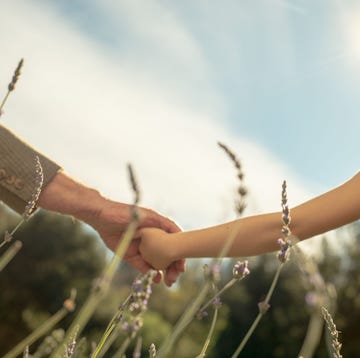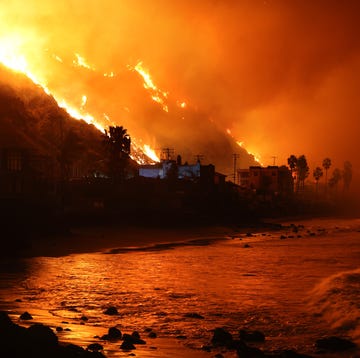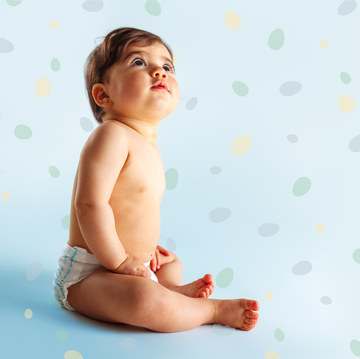On New Year’s Eve 2018, nearly everything I owned was lost to fire. I was in a kind of limbo, staying with my parents after a bad breakup, and so too was all my stuff. Everything I owned: every chair, every table, all my jewelery and books – everything except a few suitcases of clothes, packed up in a storage facility for the time being. Then the storage facility burnt down.
Everything I owned: furniture, sentimental stuff, books and knick-knacks – all gone. It sounded so much like a bad practical joke that I didn’t even believe my parents when they sat me down to tell me the warehouse had called to break the news.
What followed that initial shock was a bewildering form of grief; a grief that’s destablizing and unsettling – and that very few people can understand.
Watching the news of hundreds of LA homes burning down brings all of that pain back to the surface. Hearing a woman tell reporters that she had lost every diary she had ever written to the fire brought a sick feeling to my stomach; a painful reminder of what it is to lose that sense of home and to go forward with no sense of the past.
Most of us have, or will, experience the loss of a loved one, but very few people lose their entire home. In those early years, I felt frivolous grieving for something that seemed so trivial – my belongings. Crying in a bathroom cubicle at work over a wine-stained coffee table seemed silly, but what you lose isn’t just the material things; it’s the sense of identity you’ve built through those things: your safe place, your sanctuary, your sense of home.
It’s been years since I lost everything, and although at first I found some comfort speaking to others in similar circumstances via Facebook groups, more often it was distressing hearing just how much people had lost that could never be replaced; family histories that would be lost.
I’m keenly aware of how it feels and what it means to have to pick up again, to keep going while knowing that your roots are much shallower than before.
For my book, Lost And Found, I spoke to a researcher who told me about the different responses that victims of wildfires have had. While some immediately tried to replace everything as precisely as they could, another group became hoarders – fearful they won’t have what they need in the future – and a third group turned to minimalism, not wanting to attach sentimentality to belongings again.
All of these responses are about control – a normal response when you’ve had all control taken from you, when there’s been a traumatic incident.
Even now, after all these years, after all the research for the book, I still struggle with it.
Whenever I buy a large piece of furniture, I now can’t help feeling that it’s money I should be spending on experiences with my friends instead. I used to joke that because of the timing of the fire (the New Year’s Eve after a bad breakup), it was a “new year, new me” and in many ways there’s truth in that dark humor: losing everything I owned meant I had to find a new way of looking at things, both material and otherwise.
There’s a common joke between generations that young people waste too much of their money on going out for brunch and eating avocado toast with friends, a sign they’re irresponsible with their money, but what happened to me taught me that those are the things that won’t ever be lost.
Investing in the people you hold dear is never a waste.
Helen’s book, Lost And Found, is published by Chronicle Books.














